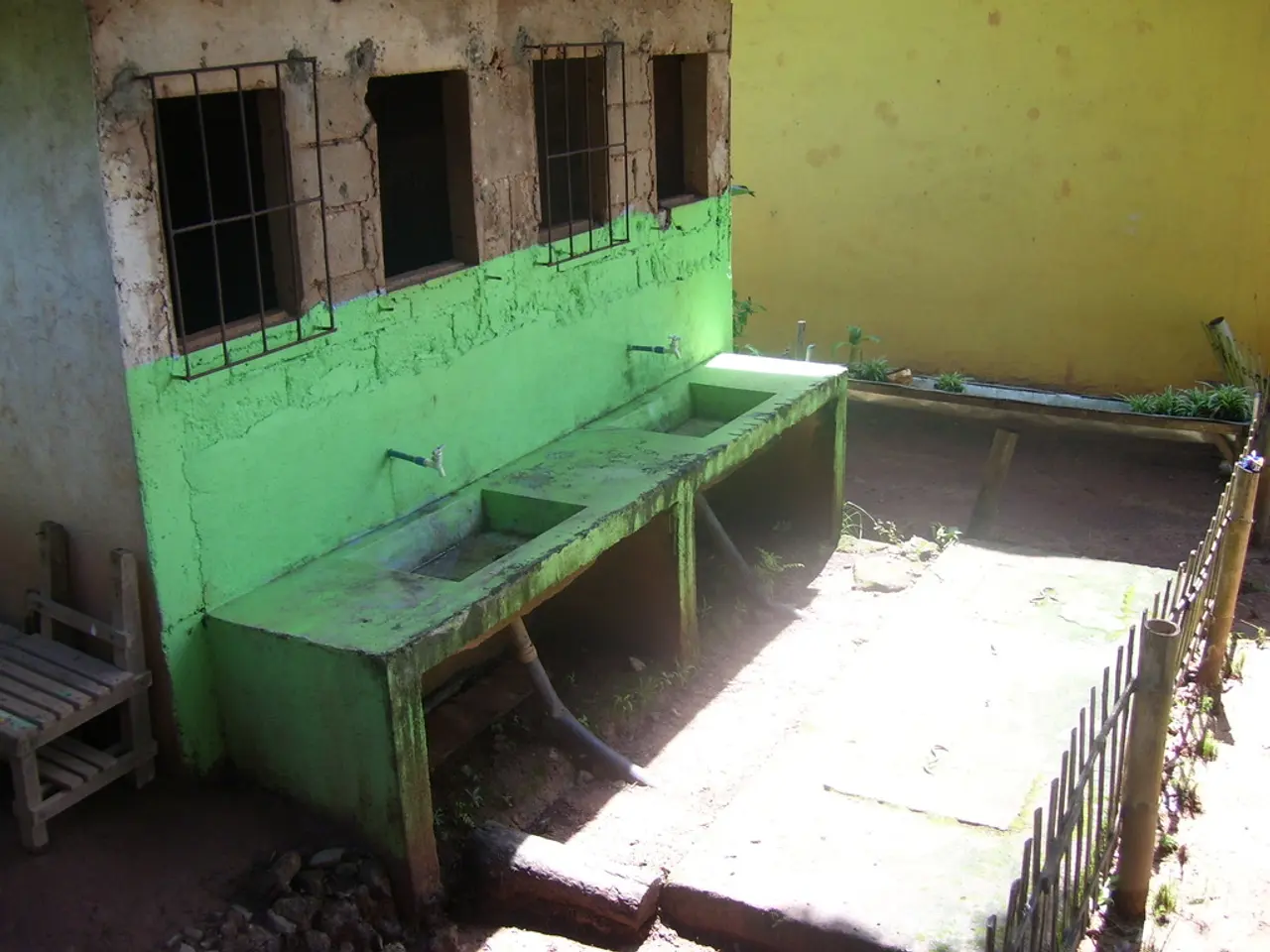Denmark's Nets payment system malfunction resulted from a 'technical issue'
In the wake of a recent three-hour nationwide payment outage in Denmark, card payment company Nets is taking steps to enhance the resilience of its systems. The incident, which caused card payments to be declined across the country, highlighted the importance of robust backup systems.
Nets, which handles approximately 80% of card transactions in Denmark, relies on stand-in capabilities or fallback systems to ensure transactions can continue even if a key part of the network is disrupted. For its contactless payment system in Singapore, the Monetary Authority of Singapore (MAS) is introducing a backup that enables contactless payments at merchant POS terminals subject to a transaction limit during such disruptions.
When it comes to handling rare component failures, Nets and similar companies employ several strategies. These include the use of stand-in authorization or fallback modes, where terminals or payment systems store limited transaction data and can approve transactions during temporary connectivity issues or system failures, within preset limits.
Collaboration with regulators and financial institutions is also crucial in designing redundancy and resilience into both the hardware infrastructure (POS terminals, communication networks) and software backends, ensuring transactional continuity even amid partial system outages.
Risk management controls and settlement backup services are implemented to maintain the integrity of payment settlements and reduce financial risk during processing problems. However, these are more relevant at clearinghouses and settlement layers than the front-end payment authorization.
Preparation for cybersecurity threats and cryptographic failures, such as those potentially caused by quantum computing advances, is another key aspect. Companies continually upgrade encryption and authentication methods to counter such threats.
Despite these measures, rare and critical component or systemic errors can still cause widespread disruption, as the recent Nets outage illustrated. Companies typically respond with immediate system diagnostics, failovers to backup systems, and later infrastructure enhancements to prevent recurrence.
Nets' country director for Denmark, Allan Bonke, stated that the fault was so complicated and unusual that the backup system could not take over. The cause of the Nets breakdown was a 'technical fault' and a 'rare component failure' in their systems.
In response, Nets is rolling out a new offline function that will allow international cards or mobile phones to be used in the event of a breakdown. This function is designed to address situations like the recent three-hour breakdown and criticisms of Nets' communication during the outage.
Bonke acknowledged the need to improve communication with customers during outages and mentioned that they have spent a few days analyzing what happened, and this fault will not occur again. Nets also recognizes the need to better inform merchants about the offline function they can use during a breakdown.
The new offline function will be available to merchants who use Nets' services. The company plans to review its communication processes to address criticisms of inadequate and slow communication. The implementation of this new offline function is expected to improve the resilience of Nets' payment systems.
This approach emphasizes transaction resilience, limited fallback processing, and ongoing improvement to handle rare but impactful failures. It underscores the importance of robust backup systems and effective communication in maintaining the smooth operation of payment systems.
Sources:
- MAS to Introduce Backup for Contactless Payments During Disruptions
- Payment System Resilience: Key Strategies for Handling Rare Component Failures
- Nets' Three-Hour Payment Outage in Denmark: What Happened and What's Being Done About It?
The news of Nets' introduction of a new offline function for international cards and mobile phones in response to the recent three-hour payment outage highlights the importance of backup systems in the face of technology failures, such as the rare component failure that occurred in their systems. This move is indicative of a general focus on enhancing the resilience of payment systems through robust backup systems and effective communication with customers during outages.
Furthermore, the art of risk management in the financial sector involves the implementation of measures like risk management controls, settlement backup services, and collaborative efforts with regulators and financial institutions to design redundancy and resilience into both hardware infrastructure and software backends. This ensures transactional continuity even amid partial system outages, as exemplified by the strategies employed by Nets to prevent recurrence of such critical failures.




